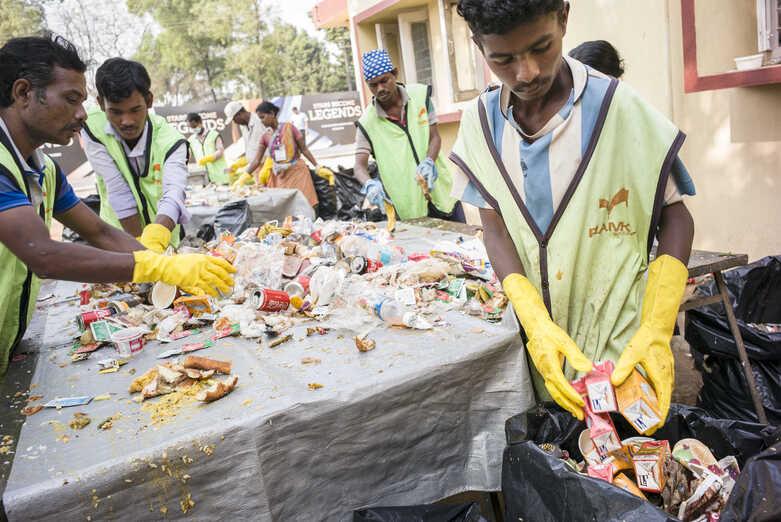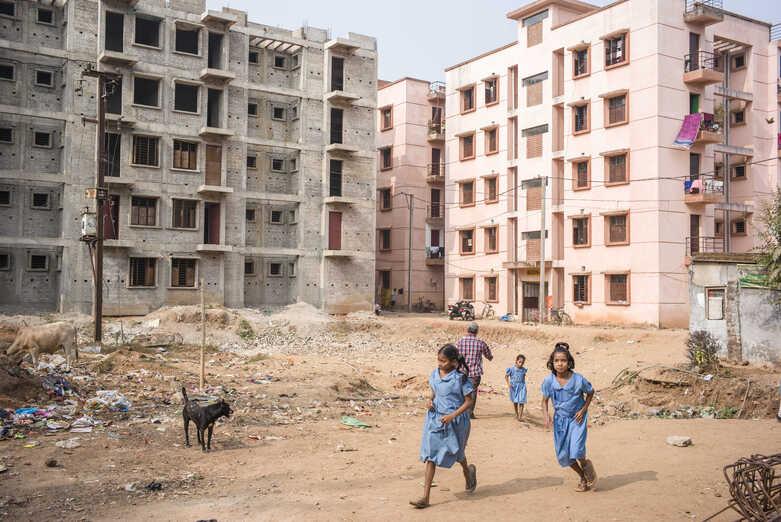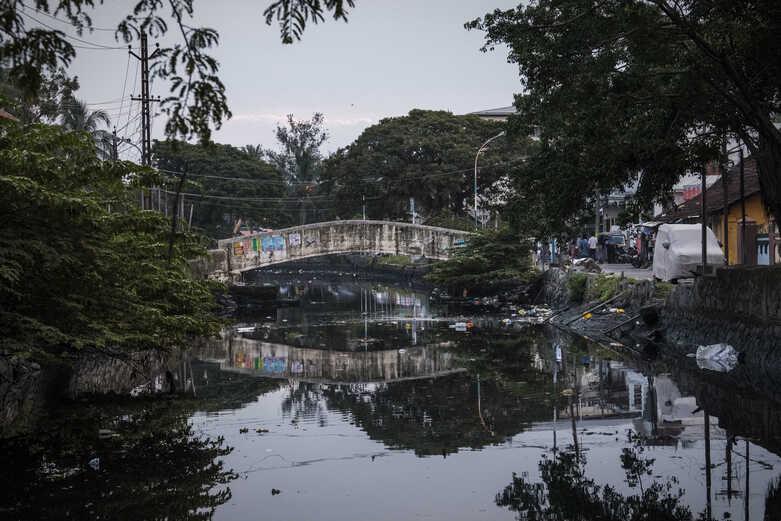Context
Over the past 20 years, India’s urban population has grown by 180 million to currently 450 million people. This rapid process of urbanisation will further accelerate in future. By 2030, India’s urban population is expected to have grown by another 140 million. This means that 40 per cent of India’s population will be living in urban areas by then.
Cities thus have tremendous potential to contribute to the implementation of the 2030 Agenda for Sustainable Development and achieve the Sustainable Development Goals (SDGs). At the same time, the process of urbanisation creates complex challenges such as providing adequate housing and delivering basic services like drinking water, sanitation, solid waste management, and urban sewage systems. This also applies to the participation of the urban population in decision-making processes.
Overall and at all levels, the technical and institutional capacity and practical experience with sustainable urban development as defined by the 2030 Agenda and, above all, knowledge of evidence-based integrated spatial planning, are very limited. The national ministry, the states and cities often have limited capacity to apply sustainable urban development concepts to the delivery of basic urban services and provision of housing.
Objective
Responsible national, state and municipal institutions in India have applied concepts for sustainable urban development and for providing urban basic services and housing.


